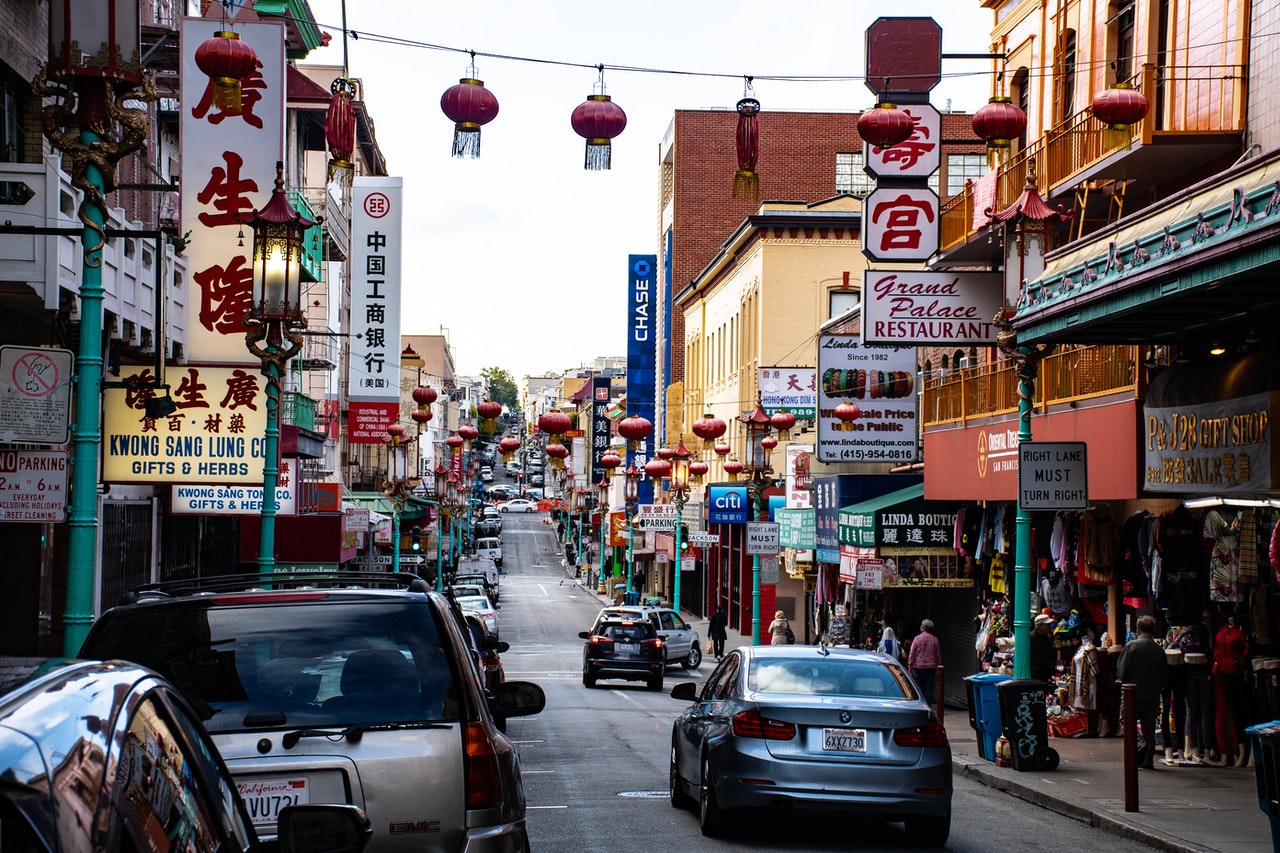Have you ever heard about a trademark? Trademark is an important thing that you should have when opening a business. Simply, it is another word for a brand or a brand name.
Especially if you intend to open a business in China or in Hong Kong, brand identity is very important for business to succeed as you might probably know a brand identity is almost everywhere in both countries.
But, perhaps some of you are still wondering about these trademark things and how you can register your trademark.
Fret not, we are going to explain everything about trademarks in this article.
What Is a Trademark?
Trademark is any name, symbol, letter, sign, or word that identifies your goods or services. It is often used by traders or producers to distinguish their products from other products of its kind.
Trademarks exclusively indicate a product as belonging to a certain company and acknowledges the company's ownership of the brand.
Trademarks are generally a part of intellectual property which may or may not be registered. The owner of a trademark can be any individual, business organization, or legal entity.
Trademarks can be found on packaging, labels, vouchers, or on the product itself. As for a corporate identity, trademarks are often displayed in company buildings.
Trademark aims to prevent others from using the products or services of companies or individuals without their permission, which means that a business cannot use a symbol or brand name if it looks or sounds the same, or has a similar meaning to an existing one, especially if the product or service comes in the same sector.
Characteristics of a Good Trademark
After knowing about the definition of a trademark, let’s move to its characteristics.
A good trademark should be attractive in both sound and appearance. It also has to recommend the quality of the product. But, the important thing about a good trademark is that they can be distinctive from other trademarks of the same sector and should be capable of being registered and protected. Here are the characteristics of a good trademark:
1. A trademark must include labels, devices, tickets, signatures, words, titles, brands, letters, names, numbers, packaging, or a combination of these attributes. It should also be easy to read and to pronounce
2. Make a good trademark that is easy to pronounce and spell, it will make it easier for the public to remember
3. Avoid complicated and long trademarks, so that people do not easily forget your brand. It also has to be special.
4. A good trademark is invented words, coined words or unique geometrical designs.
5. Trademarks must not refer to the type, quality, nature, characteristics, as well as geographical origin of the goods
Registration Application
Every country has a law that regulates trademark registration, therefore companies must submit the application form to the official office of the countries in which they intend to operate their business, along with their established procedure.
As for China and Hong Kong, they also have different laws regarding trademark registration. Let’s find out more about this.
Registration Application in China
Trademarks in China follow the first-to-file principle. The applicant is not required to give evidence to prove its actual use or intention to use the requested- for mark, except if they are asked in limited circumstances.
In China, you can find multi-class applications which means a single application can cover multiple classes. Certainly, they come with limitations as well as disadvantages. The limitations are the official fees for taking multiple single-class applications and a multi-class application are the same as it is charged according to the number of classes rather than the number of applications.
Next, currently, a trademark owner can not share a multi-class application voluntarily. If there is an opposition in one of the classes, then the whole trademark application can not proceed to registration until the opposition is resolved.
In addition, the trademark owner can not update just one class in a multi-class registration, they also can not assign one of the classes to other parties. On the contrary, the whole application or registration should be assigned or updated. Taking single-class applications gives the owner greater flexibility as well as remains preferable.
You can apply the trademark application in China through the China National IP Administration (CNIPA) or prior to the WIPO for international registration of the mark designating China.
International registrations could offer applicants with a number of flexibility about the descriptions of goods as well as services compared with national applications. It is because for international registrations, the CNIPA generally receives descriptions that do not correspond with standardised descriptions prescribed by the CNIPA, and which can be otherwise unacceptable if they are applied as national applications.
Also Read: Benefits Of Foreign Companies Investing In China
But, CNIPA examiners will continue to classify as well as translate the goods or services according to their understanding and discretion. When the examiners classify the goods or services, they will divide them into different subclasses in a class according to their nature and function, which plays a principal role in deciding the similarity of goods and services.
Once in a while, the specification after getting a translation can not accurately describe the goods or services of interest to the applicant. It will give disadvantage for the trademark owner as inaccurate translation as well as classification can influence the scope of protection that is covered by the trademark and even attract unnecessary citation objections.
Trademarks which are already registered in China will last up to 10 years since it was first made. After that, you can extend the registration for the next 10 years.
A trademark renewal can be requested as early as six months prior to the expiration date and no later than six months after waiting for remittance of a late renewal fee.
Your trademark will not expire as long as the offer of goods and services is still listed in the application. However, once every ten years you will need to renew your trademark registration.
Registration Application in Hong Kong
Keep in mind that applications for trademark registration in Hong Kong can be made online or submitted in person to The Registrar of Trademarks. In general, applications for trademarks in Hong Kong will include:
- An application form to register your trademark
- Personal data such as the name and address
- Specific goods and services to be registered with the trademark
- clear explanation of the proposed trademark;
- Additional documents may be required by the rules.
Trademark registration in Hong Kong is not as difficult as you think. Here are the steps :
- Once you submit your application to the Registrar, they will immediately check for compliance with the Ordinance.
- After your application data meets all the requirements and there are no objections to the trademark, then it will be published in the Hong Kong Intellectual Property Journal. However, it should also be noted that it will usually take at least 6 months from the date your application is received, to the step of registration
- The next step is to see whether anyone is against your trademark or not. If there is no one opposing your trademark, then The Registrar of Trademarks will issue your trademark registration certificate.
Registered Trademark Rights
If you have already registered your trademark in either China or Hong Kong, then you have trademark rights. It means the exclusive right for the owner of the registered mark to use the brand in the trade of goods, or services in accordance with the class , and type of goods or services for which the brand is registered.
By having trademark rights, you have the freedom to use the mark for commercial purposes and have the right to prohibit other parties from using the brand for the same class, type of goods or services.
Registered trademarks can reduce the chances of other companies copying your products or business intellectual property and can give you a higher position over competitors. Furthermore, your registered brand rights bring various benefits as you will easily attract investors.
Trademark is an intellectual property asset, if you manage it properly, a brand can have a value that far exceeds the company itself. Therefore many companies sell their brands without selling the entire company.
Need Help Registering a Trademark?
If you need help registering a trademark as you do not want to deal with complicated registration, you can visit SMEBro.
SMEBro is a regional business service provider based in Hong Kong. We have service offices in Guangzhou, Shenzhen and Hong Kong. We aim to help you with company opening, tax and audit services, bank funding as well as application. We also offer professional e-commerce services for international e-commerce and Hong Kong to start a business in China.
In addition, we provide business services for the greater bay area for individual, small or medium-sized businesses and serve you with professional services.
We hope this explanation can give plenty of insights for you about trademarks definition as well as the way you can get a good trademark for your brand. If you need to consult about trademark registration you can contact us. We're always happy to discuss and help you.



